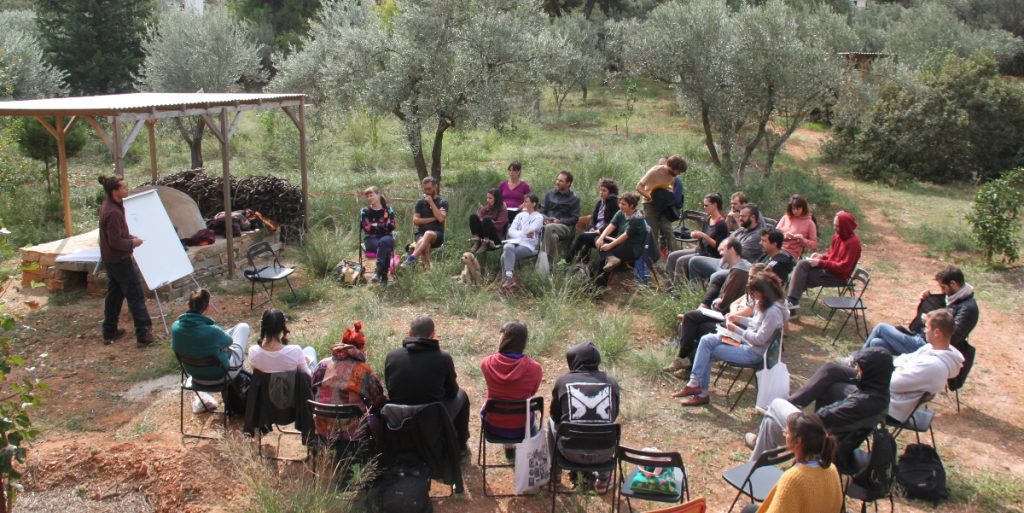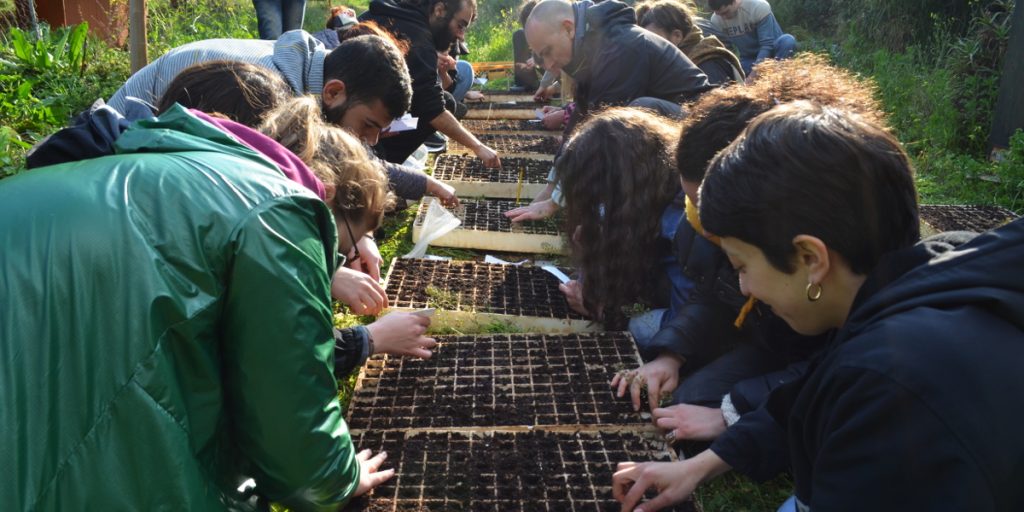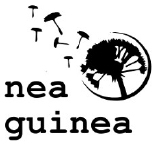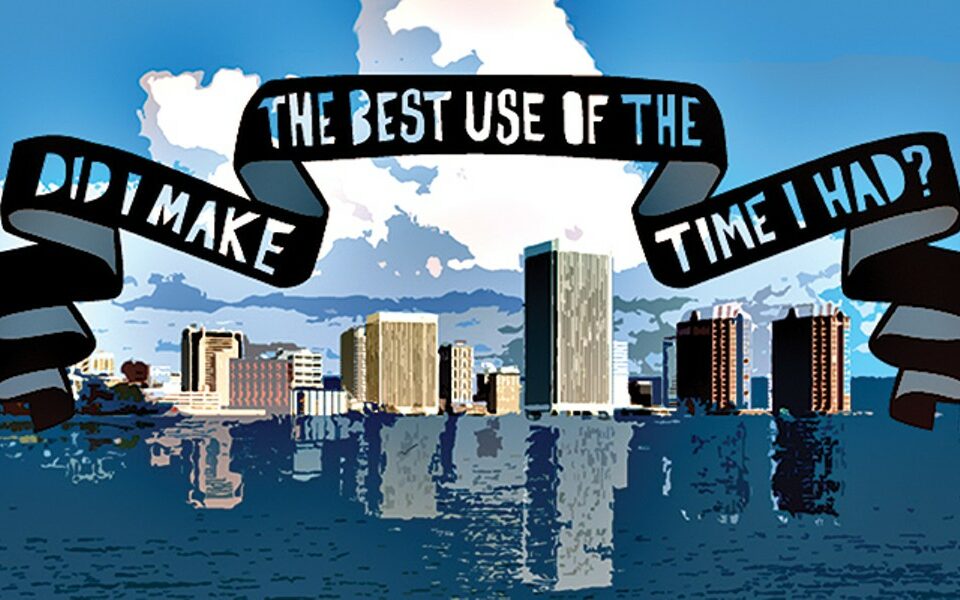
Applied Permaculture: Links between refugees and the local community of Lavrio
15 January 2020
‘Sustainable Synergies II’ – Call for short term volunteers under the European Solidarity Corps
20 February 2020During the last two years that we are running the Mediterranean Permaschool in our farm, we have received quite a lot of requests for also teaching the course in English. Well, here it is! In spring 2020 we are organizing in our farm a set of educational activities on Mediterranean Permaculture for English speakers. These workshops will run on a weekly basis and will last from 14/03/20 until 02/05/20. If you are interested in attending then, please download the application form, fill it in and send it to us (3lsa@live.fr) until the 01/03/20.
In the following text you can find more info about the Mediterranean Permaschool and the course content, while here you can have a look at previous Permaschools.

This part of the Mediterranean we call home, full of intense landscapes and diverse local traditions, is a really special place. Five thousand years of human activity have left behind a rich history and culture, but also a mosaic of degraded watersheds and highly eroded landscapes… Water scarcity and soil depletion has always been a primal concern for most part of the country. Lack of knowledge and wrong policies have been pushing people towards wrong solutions, aggravating the problem further. More recently, changing rain patterns and frequent – extensive wildfires are speeding up the desertification process, bringing up issues of water and food security.
Our story is the local manifestation of a global phenomena of environmental degradation that takes place in every single region of the planet at different speed and intensity, and calls for local action, adapted to the abilities and the particularities of local communities and ecosystems. In order to ensure our survival and well being as a species we have to actively engage in restoring our local ecosystems, bringing them back to their natural state of lush and abundance. We need sets of conceptual tools and effective techniques for integrating human activity into natural ecosystems, converting it into a revitalizing and stabilizing factor that can promote complexity and diversity.
Recognizing the urge to act in this direction, we have designed the Mediterranean Permaschool, that consists of a new set of educational activities aiming at conveying Permaculture design methods and practices, with a special focus on applications relevant to the Mediterranean climate. Permaschool will take place on Nea Guinea’s Farm, in Attica and the educational activities will be running on a weekly basis for a 2 months period. These educational activities aims at offering solutions to sustainability issues related to the arrangement of human activity and the management of natural resources on a farm scale, in order to meet a wide range of basic daily needs in food, water, energy and housing. They cover core modules of a Permaculture Design Course (PDC) and have the aim to empower participants to make positive changes that will benefit both their communities and the natural ecosystems that surround them.

The workshops on Mediterranean Permaculture will take place at the Nea Guinea farm in Nea Makri, on a weekly basis (Saturdays) for a period of 2 months. The dates are the following: 14-21-28/03, 4-11-25/04, 2/05, from 10:30 to 16:00. In each workshop there will be 3 one-and-a-half hour activities with half-hour breaks in between. The contribution of each participant to cover the costs of the project is 50 euros for all the workshops. The amount is debatable for anyone who considers it to be beyond their capacity.
The workshops include theoretical and practical activities. The modules to be covered during the workshops are as follows:
Module 1
Introduction to Permaculture design
Ethics and Principles
Eco literacy and system’s theory
Patterns: shape and function in the natural world
Module 2
Major climatic zones and microclimates
Climate crisis
Introduction to the Mediterranean climate
Introduction to topography – Sector analysis – Zones
Module 3
Introduction to hydrology
Dry land water management
Water retention landscapes -Earthworks
Module 4
Soil ecosystems
Regenerative practices for building and enriching soil
Compost: theory and practice
Module 5
Regenerative food production systems
Vegetable gardens
Forest gardens and mixed orchards
Module 6
Off grid renewable energy production systems
Practical applications at farm level
Module 7
Social Permaculture
Permaculture for Refugee Camps





